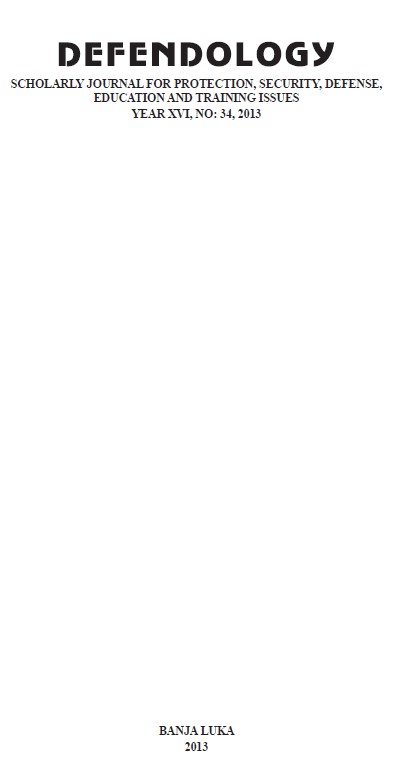THE ROLE OF SOCIAL FACTORS IN THE FORMATION OF VIOLENT BEHAVIOR IN CHILDREN
THE ROLE OF SOCIAL FACTORS IN THE FORMATION OF VIOLENT BEHAVIOR IN CHILDREN
Author(s): Žana VrućinićSubject(s): Social psychology and group interaction, Psychology of Self, Behaviorism, Studies in violence and power, Family and social welfare
Published by: Evropski defendologija centar za naučna, politička, ekonomska, socijalna, bezbjednosna, sociološka i kriminološka istraživanja
Keywords: family; peers; teachers; TV; violent behavior;
Summary/Abstract: Basically, violence is a psychological strategy which is used to demonstrate power and control over other children. Given the consequences which violent behavior has on the victim (refusal to go to school, lowered self-esteem, depression, loneliness, fear of maintaining close relationships in the future, contemplating suicide), it is seen a serious threat for both children and social community on the whole and it requires special attention from the scientific point of view. When we take into consideration possible social risk factors of aggressive (violent) behavior in children, it is important to take into account the influence of the family context and the role of education, belonging to peers groups which display challenging behavior, the role of the teacher and the influence of the mass media.
Journal: DEFENDOLOGIJA
- Issue Year: 16/2013
- Issue No: 34
- Page Range: 69-78
- Page Count: 10
- Language: English

